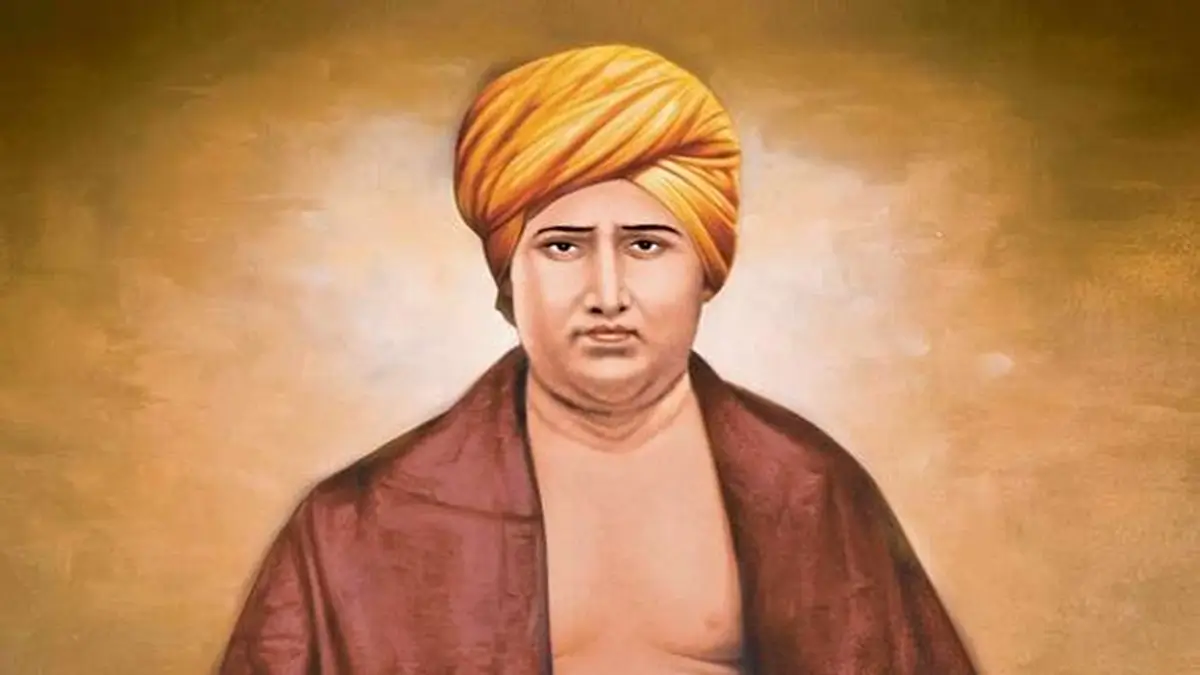Parliament Passes Historic J&K ST Quota Bill and Two Other Reservation Bills
The Indian Parliament recently achieved a significant milestone by passing three crucial bills related to reservations. These bills hold immense importance for students preparing for various government exams, including positions such as teachers, police officers, banking professionals, railway employees, and those aspiring for roles in defense and civil services like PSCS to IAS.
The first bill, known as the J&K ST Quota Bill, marks a historic move towards ensuring equitable representation for Scheduled Tribes in Jammu and Kashmir. This legislative triumph is poised to have a far-reaching impact on the region’s socio-political landscape.
The second and third bills focus on extending reservation benefits to economically backward sections in educational institutions and public employment. These initiatives aim to create a more inclusive and diverse environment within government sectors, providing equal opportunities to candidates from various backgrounds.
For aspirants preparing for competitive exams, staying updated on such legislative developments is crucial. These bills not only broaden the scope of available positions but also highlight the government’s commitment to fostering diversity and inclusivity.
Candidates should be prepared to answer questions related to the specifics of these bills, including the percentage of reservation, the targeted beneficiary groups, and the broader objectives of the legislative changes.

Why this News is Important
The passage of the J&K ST Quota Bill signifies a crucial step in addressing historical disparities in representation. This move reflects the government’s commitment to creating a more inclusive political landscape in the region.
The extension of reservation benefits to economically backward sections emphasizes the government’s dedication to providing equal opportunities in education and public employment. This is particularly important for candidates aiming to secure positions in government exams.
Historical Context
Jammu and Kashmir have grappled with historical disparities, especially concerning the representation of Scheduled Tribes. The historical context sheds light on the need for legislative interventions to address these imbalances.
Understanding the evolution of reservation policies in India provides context to the recent legislative changes. From the initial provisions in the Constitution to the present bills, this historical background is vital for comprehensive exam preparation.
5 Key Takeaways from “Key Takeaways from Parliament Passes Historic J&K ST Quota Bill and Two Other Reservation Bills”
| Serial Number | Key Takeaway |
|---|---|
| 1 | J&K ST Quota Bill signifies a historic legislative move towards equitable representation for Scheduled Tribes in the region. |
| 2 | The extension of reservation benefits aims to create a more inclusive and diverse environment within educational institutions and public employment. |
| 3 | Aspirants should be prepared to answer exam questions related to the specifics of these bills, including the percentage of reservation and targeted beneficiary groups. |
| 4 | The legislative changes highlight the government’s commitment to fostering diversity and inclusivity in various sectors. |
| 5 | Understanding the historical context of disparities in J&K and the evolution of reservation policies in India is crucial for comprehensive exam preparation. |
Important FAQs for Students from this News
Q1: What is the significance of the J&K ST Quota Bill for government exam aspirants?
A: The J&K ST Quota Bill holds importance for aspirants as it marks a historic move towards ensuring equitable representation for Scheduled Tribes in the region, potentially affecting exam patterns and questions.
Q2: How do the extension of reservation benefits impact exam preparation?
A: The extension of reservation benefits to economically backward sections emphasizes the government’s dedication to providing equal opportunities in education and public employment, impacting the diversity of candidates in exams.
Q3: What historical context is essential for understanding these legislative changes?
A: Understanding historical disparities in J&K and the evolution of reservation policies in India provides context to the recent legislative changes, offering a broader perspective for exam preparation.
Q4: How can candidates prepare for questions related to these bills in exams?
A: Aspirants should focus on the specifics of these bills, including the percentage of reservation, targeted beneficiary groups, and broader objectives, to tackle potential exam questions effectively.
Q5: Why is it crucial for exam aspirants to stay updated on such legislative developments?
A: Staying updated on legislative developments is crucial as it broadens the scope of available positions, highlights the government’s commitment to inclusivity, and can be potential exam topics.
Some Important Current Affairs Links

















